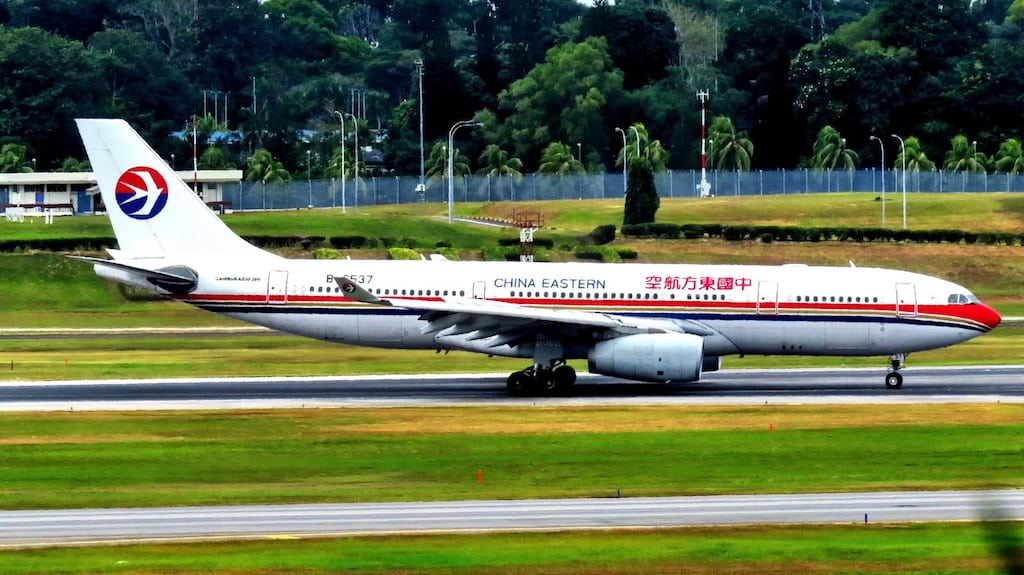Skift Take
Ctrip didn't realize the extent of the problem it would inherit with its acquisition of Qunar given the latter's disputes with China's largest airlines. The direct-booking wars are acute in China, where the government has called on the airlines to sell half of their tickets on their own websites by 2018.
China Eastern Airlines joined the other two members of the Big Three carriers, China Southern and Air China, in dropping out of Ctrip-controlled booking site Qunar because of customer complaints about irregular bookings on the site.
The major Chinese airlines’ boycott of Qunar, according to South China Morning Post, takes place as some carriers, including China Southern, eliminated commissions for agents such as Qunar, and are pushing hard to comply with a Chinese government edict that the airlines generate at least half of flight-ticket sales directly through their own channels by 2018.
In Qunar’s fourth quarter earnings call March 16, CEO Zhenyu Chen said the company hopes to work with the airlines in the near term to “clean up the agent market and eliminate irregular behaviors by certain ticketing agents on our platform. We will continue our efforts in innovation, and technology advancements.”
“We believe that with the help of all participants in the travel industry, we will be able to create a more efficient and a healthier flight institution ecosystem,” Zhenyu Chen said.
The Qunar CEO said flight bookings have been stable for the past three quarters and he expects some near-term impact from the airlines moves.
His forecast came before China Eastern’s action to join the Qunar boycott.
“For flight volumes, as we are still working with airlines and trying to figure out a successful corporation model going forward and as we clean up the agent market and eliminate the irregular behaviors by certain ticketing agencies on our platform, we expect there will be some near term impact to our flight volume growth,” Zhenyu Chen said.
In a transaction with search engine Baidu in October, Ctrip acquired a 45 percent voting interest in Qunar and will consolidate Qunar’s earnings in 2016.
The competition between China’s biggest airlines and Qunar has parallels around the world as carriers seek to trim commission costs and generate direct booking on their own websites.
The unique thing about the dispute in China, however, is that the government is mandating that airlines attract half of their flight-ticket sales on their own websites within two years.
The Daily Newsletter
Our daily coverage of the global travel industry. Written by editors and analysts from across Skift’s brands.
Have a confidential tip for Skift? Get in touch
Tags: china eastern, otas, qunar
Photo credit: A China Eastern Airbus A332 as seen on January 29, 2015. Master Octa / Flickr
